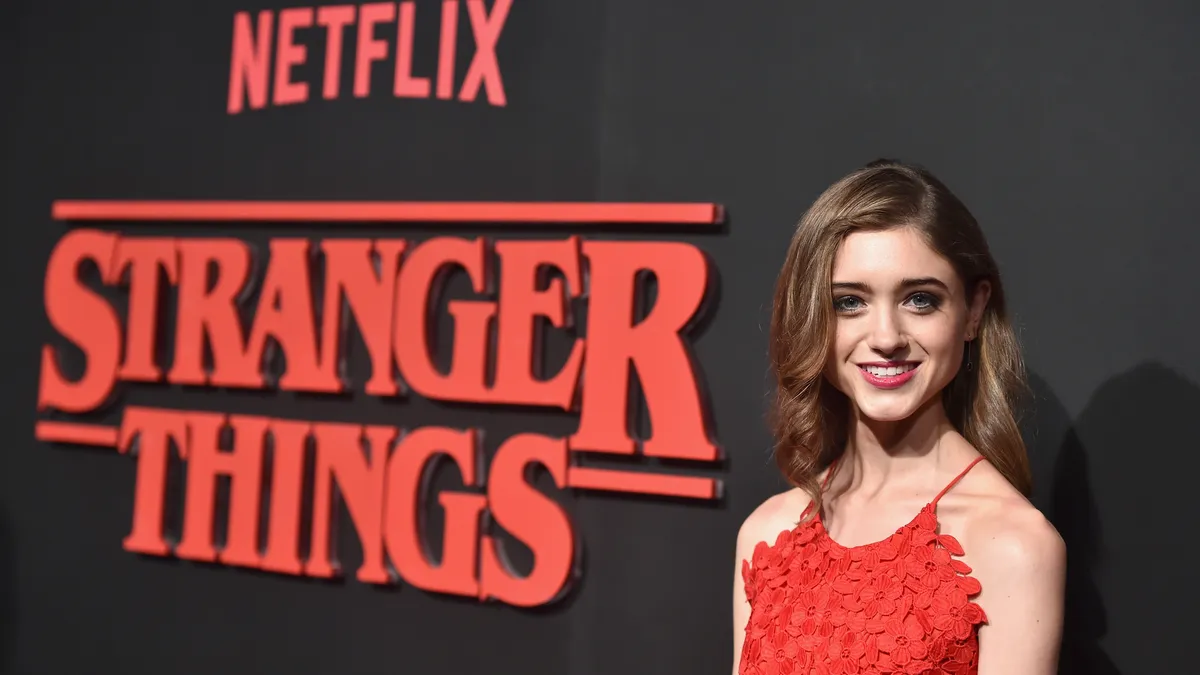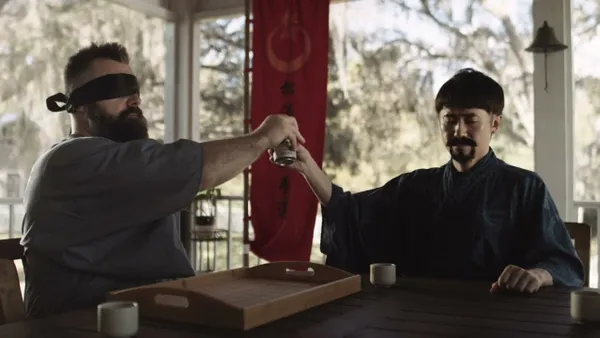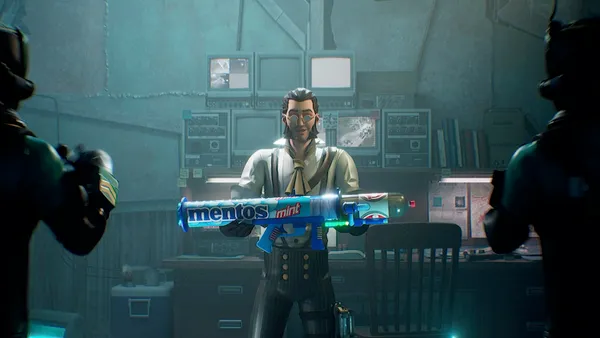Editor’s note: This article contains spoilers for the first four seasons of “Stranger Things.”
Dive Brief:
- Coca-Cola and Lacoste are leading the “Stranger Things” product placement value race for the first volume of the show’s fourth season, according to data that YouGov Stream shared with Marketing Dive.
- Coke has the highest placement value of any brand so far with $1.83 million. Lacoste was a close second with $1.8 million worth of exposure in the first 28 days across the United States and the United Kingdom, despite being featured in just one episode.
- As Netflix contemplates an ad-supported option, product placements on a widely watched show such as “Stranger Things” — the most popular English-language show on the platform — allow brands to get their products in front of a massive audience while the streamer benefits from cross-promotional efforts.
Dive Insight:
Product placement is a valuable tool for streamers such as Netflix that do not support advertisements. For “Stranger Things,” which is nothing short of a cultural phenomenon, brands with product placement in the show are seeing significant valuable exposure, per the YouGov report.
The anticipation for the show’s return this year was huge, especially after a three-year, pandemic-induced hiatus, making brands such as Domino’s and Doritos eager to get in on the action. The first volume of season four, which was released on May 27, 2022, amassed 781 million viewing hours in the first 17 days after its release. As the second volume of season four hits Netflix on July 1, before a long holiday weekend, viewership is expected to remain strong.
The 80s, middle-America, small town setting of the show has lent itself seamlessly to product placement. Some of the show’s most well-known seasons are full of product placement, such as Eleven (Millie Bobby Brown) crushing a can of Coke with her mind.
Coke’s gains are unsurprising. The soft drink has repeatedly and heavily integrated itself into the show. In season three, it went so far as to briefly revive “New Coke,” the now defunct Coke product made with a new formula. Per YouGov, the brand’s highest performing assets so far this season include Eleven once again trying to crush a can of Coke ($1.17 million), fountain cups ($348,000) and the scoreboard used during Hawkins High’s championship basketball game in the very first episode of season four ($211,000). The show helped propel Coke’s ad placement valuation to four-times that of Pepsi, which had a placement valuation of $438,000 across the US and the UK.
Lacoste’s product placement gains are more surprising, as one of the brand’s white polo shirts is worn in just one episode by basketball player Jason Carver (Mason Dye). And Dye isn’t exactly playing a hero. The high schooler, grieving the recent loss of his girlfriend, cheerleader Chrissy Cunningham (Grace Van Dien), leads the town of Hawkins in a Satanic panic-inspired witch hunt against the Hellfire Club, a Dungeons and Dragons group whose members include the show's protagonists.
Jif peanut butter also performed well, with a valuation for the brand at over $879,000 in the first 28 days since the season’s premier. It may prove to be a much needed boost for the brand, which has been dealing with a large product recall. Jif was integral to the plot and was used to represent American freedom. The peanut butter brand is seen as so valuable in the Soviet Union, a Russian smuggler takes great lengths to traffic it into the country. After Detective Hopper (David Harbour) briefly escapes from capture in a Russian prison camp, he stumbles upon a case of the stuff. He halts his desperate search for supplies to dig his fingers into the jar, overcome with emotion at how great it tastes.
Reebok was the top performing sneaker brand, with a placement valuation of $1.42 million, well ahead of Nike ($413k), Vans ($379k), and Converse ($144k). In the first episode of the new season, Eleven presents a beloved diorama of her former home with Hopper, and the shoebox used is easily identifiable as a Reebok one.
“Stranger Things” has proved such a valuable vehicle for product placement it increased the placement value of companies who no longer manufacture the products seen on the show. Sony saw a net placement valuation of $635,039 after a Walkman cassette player (which it stopped selling in 2010) was used to save the life of Max Mayfield (Sadie Sink) in episode four.
During the episode, “Dear Billy,” the Walkman is used to play Max’s favorite song, “Running Up That Hill” by Kate Bush, which charted in the top ten for the first time since its release in 1985 due to its placement in the show. The music gave the character the opportunity to escape from the grasp of the season’s big bad, Vecna, who preys on depressed and troubled teenagers. The moment may prove to be one of the show’s most iconic, as the episode received widespread praise from critics and fans alike for its depiction of depression.
“Stranger Things” isn’t the only Netflix production making use of product placement. Ryan Reyenolds’ film, “The Adam Project” heavily featured Kraft Mac & Cheese. Even period pieces such as “Bridgerton” and “The Witcher” have found a way to incorporate product integration. Despite not being featured on the shows themselves, Tanqueray gin and Old Spice have both had marketing campaigns centered around each show, respectively.















